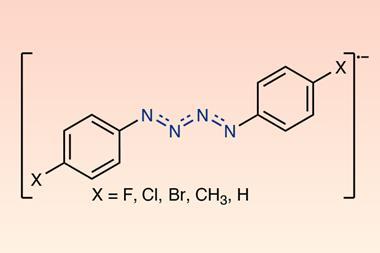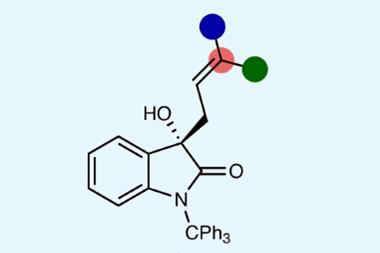Environment Council; Rhodia; Warner Chilcott; Aventis; Senior management at the RSC remain hopeful;
- The European Commission’s Environment Council has agreed to cut SO 2 emissions from ships by over 50 0000tpa from 2007. Marine fuel currently has a maximum sulfur content of 50 000ppm, compared with petrol cars which will have a maximum of 10ppm from 2007. The proposals would allow marine fuel to have a maximum sulfur content of 1.5 per cent. The proposal has to be approved by the European Parliament before being formally endorsed by ministers.
- Rhodia, the French speciality chemicals group, has launched a cost-cutting scheme to shed more than 1400 jobs with a view to saving € 30m (?20m) by 2006. The news comes alongside replacement of two senior executives including the company’s chief financial officer, Pierre Prot, whose position will be filled by Bruno Mouclier, currently chief financial officer at drinks group R?my Cointreau.
- Galen Holdings, the Northern Ireland based pharmaceutical company, is to change its name to Warner Chilcott. Galen had focused exclusively on the US market having sold most of its original UK activities in early 2004, and company directors decided that the operational title Warner Chilcott would simplify company recognition. Warner Chilcott, which has been recognised by US physicians since the 1950s, was acquired by Galen in 2000.
- Sanofi-Synth?labo has agreed to sell the Aventis drug Campto (irinotecan) to Pfizer for $620m (?334m). The agreement to sell the drug represents one of several concessions made to win the European Commission’s approval for its purchase of Aventis earlier this year (see Chemistry World, June 2004, p8). Pfizer already markets the drug in the US for the treatment of advanced colorectal cancer.
- Charles Clarke, Secretary of State for Education, is reported to be ordering an inquiry into the state of chemistry provision in UK universities. Senior management at the RSC remain hopeful that this represents a watershed.






No comments yet